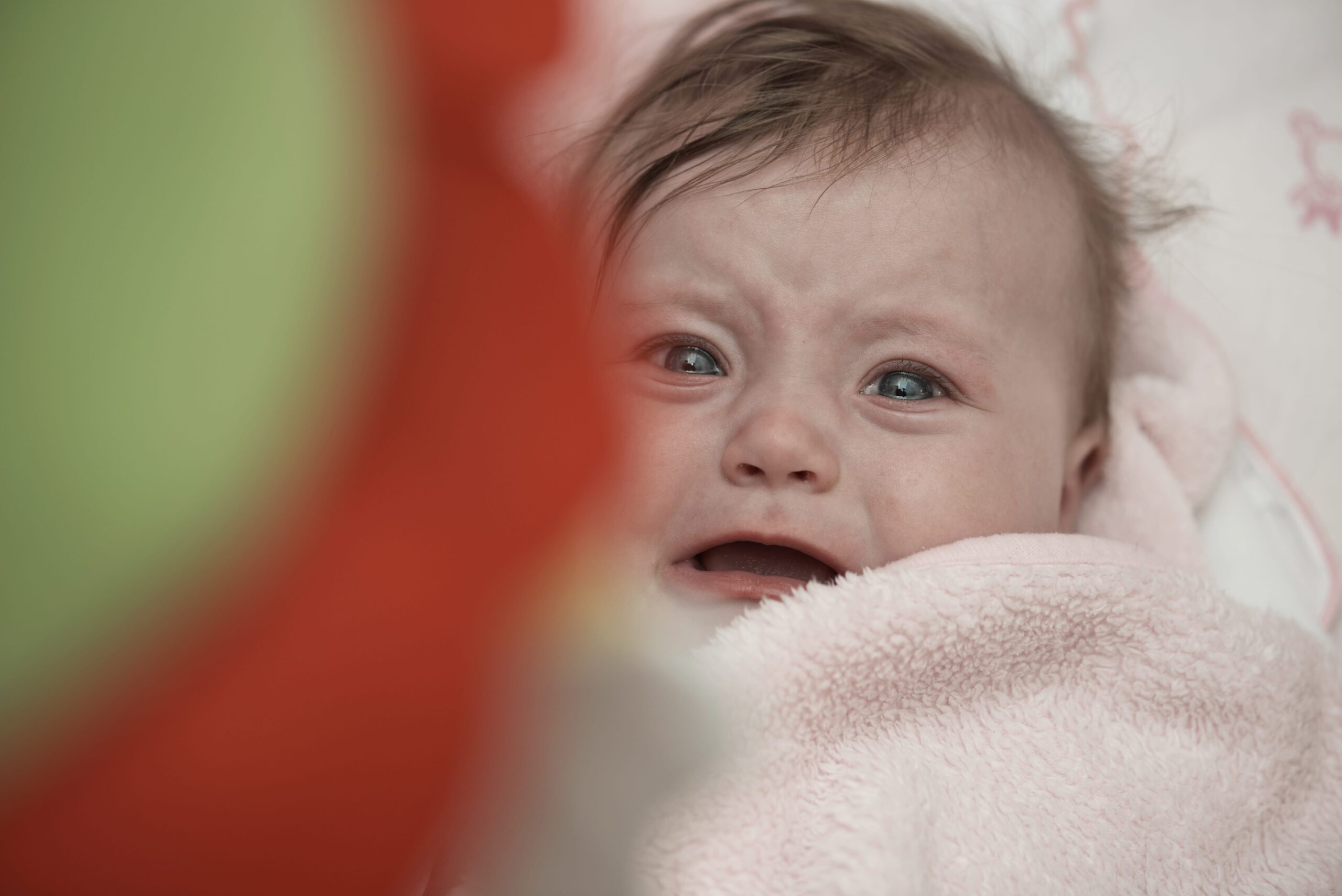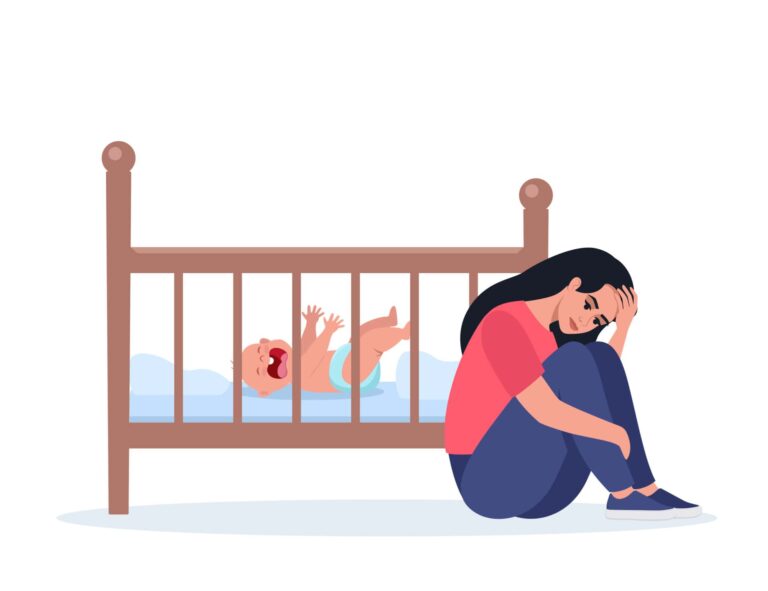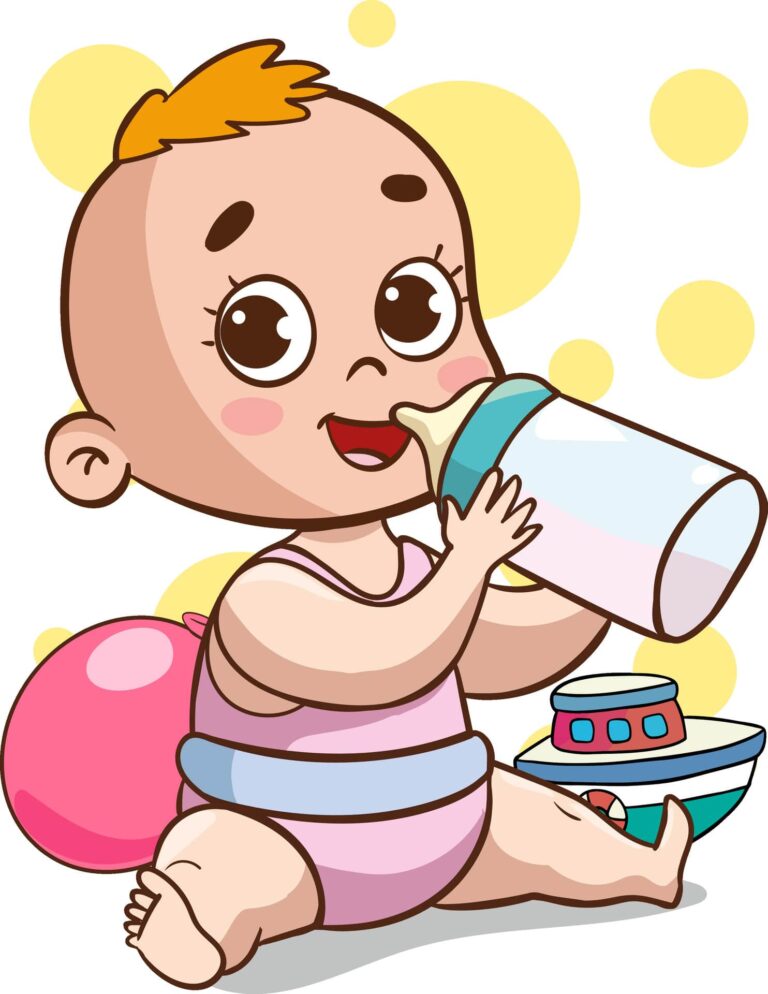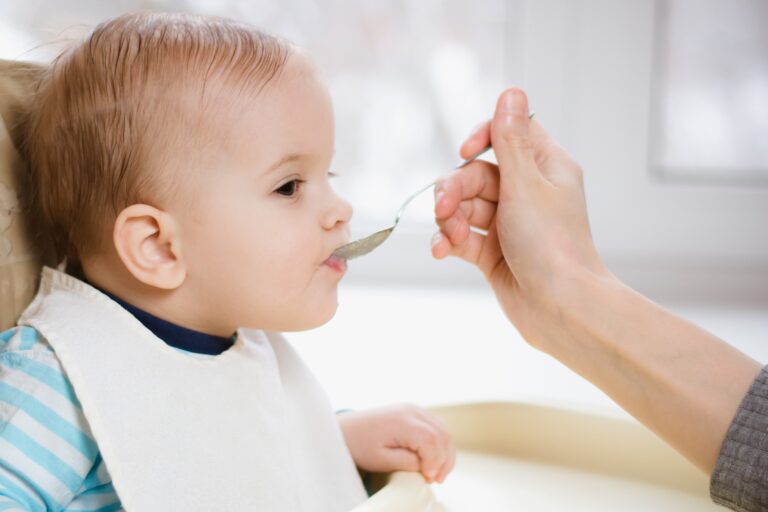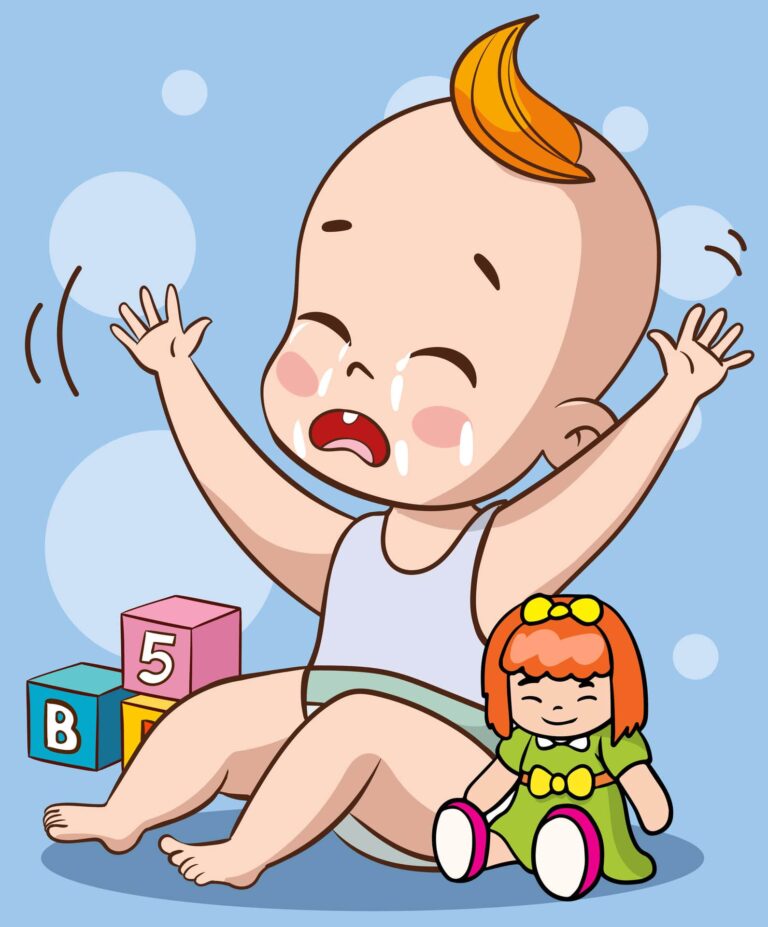Why Does My Baby’s Face Turn Red When Breastfeeding?
Many new parents may wonder why their baby’s face turns red during breastfeeding. It’s not uncommon for babies to develop red patches or red spots on their faces during or after feeding. This article aims to address the various factors that can cause a baby’s face to turn red while breastfeeding and what parents can do to address these concerns.
What Causes a Baby’s Face to Turn Red During Breastfeeding?
It’s essential to understand that a baby’s face turning red during breastfeeding can be a commonly observed occurrence. Several reasons can contribute to this phenomenon, and it is essential for parents to be aware of these potential causes.
Is It Normal for a Baby’s Face to Turn Red While Breastfeeding?
Yes, it is entirely normal for a baby’s face to turn red while breastfeeding. This can happen due to their intense sucking and the increase in blood flow to the face. When babies breastfeed, their blood vessels dilate, leading to a rosy complexion in the cheeks.
Could a Rash or Allergy Cause Redness During Breastfeeding?
In some cases, the redness might be indicative of a rash or allergy. It is essential to differentiate between normal rosy cheeks and a skin rash caused by an allergen in breast milk or an allergic reaction to a specific food allergen.
What Should I Do if My Baby’s Face Turns Red During Breastfeeding?
Parents should observe their baby’s behavior and consult a healthcare provider if they notice persistent redness. If there are concerns about a possible allergic reaction, seeking medical advice is recommended to address any underlying issues.
Identifying Milk Rash or Allergies in Breastfed Babies
Understanding the signs of milk rash or allergies in breastfed babies is crucial for parents to provide appropriate care and seek medical help if needed.
How Can I Tell If My Baby Has a Milk Rash from Breastfeeding?
Milk rash can also develop on a baby’s face, causing red blotches or red patches. This can be a result of the baby’s skin reacting to certain components of breast milk. Consult your doctor if you notice persistent redness or skin irritation.
What Are the Signs of an Allergic Reaction During Breastfeeding?
Signs of an allergic reaction in breastfed babies can include persistent redness, red spots, or other skin conditions. These may be indicative of an allergy to certain food allergens consumed by the mother. It is important to seek medical advice if these symptoms persist.
When Should I Seek Medical Advice for Redness in My Baby’s Face After Breastfeeding?
If a parent suspects an allergic reaction or observes persistent redness, consulting a pediatrician is recommended to address any potential health concerns and receive appropriate guidance.
Understanding Red Cheeks After Nursing
Parents should be aware of the common factors that might cause red cheeks in babies after nursing and when these redness episodes could indicate potential health issues.
Are Red Cheeks Normal After Breastfeeding?
Yes, red cheeks after breastfeeding can be a normal occurrence due to increased blood flow to the face during feeding sessions. However, parents should be mindful of any persistent redness to differentiate between normal rosy cheeks and potential skin conditions.
Could Overheating or Dermatitis Cause Red Cheeks After Nursing?
Overheating or atopic dermatitis can contribute to red cheeks in babies after nursing. It is important to ensure a comfortable feeding environment and be observant of any signs of skin irritation to address these concerns promptly.
What Role Does the Pediatrician Play in Addressing Red Cheeks After Breastfeeding?
Consulting a pediatrician can provide valuable insights into determining the cause of red cheeks after nursing and addressing any underlying skin condition or potential health issues associated with the redness.
Dealing with Potential Health Issues in Breastfed Babies
Understanding when redness could indicate a medical concern and differentiating between normal redness and allergic reactions is essential for parents to ensure their baby’s well-being.
When Does Redness Indicate a Medical Concern in Breastfed Babies?
If redness persists after nursing and is accompanied by other symptoms such as skin irritation or unusual behavior, it may indicate a medical condition that requires attention. In such cases, consulting a pediatrician is recommended.
How Can I Differentiate Between Normal Redness and Allergic Reactions in Breastfed Babies?
Parents should observe the nature of redness and any accompanying symptoms. Normal redness is often temporary and fades after feeding, while allergic reactions may involve persistent redness, rashes, or other skin conditions. Seeking medical advice is crucial to differentiate between the two.
What Should I Do If I Suspect My Baby Is Having an Allergic Reaction to Breast Milk?
If there is suspicion of an allergic reaction, including consistent redness or skin irritations, it is important to seek immediate medical advice to address any potential food allergies or allergens in breast milk.
Seeking Professional Help for Breastfeeding Concerns
Knowing when to consult a pediatrician or healthcare provider about redness during breastfeeding is vital for parents to address any potential health issues their baby may experience.
When Should Parents Consult a Pediatrician or Healthcare Provider About Redness During Breastfeeding?
If parents have ongoing concerns about persistent redness or suspect any underlying health issues, consulting a pediatrician or healthcare provider is recommended to receive professional guidance and necessary support.
What Are the Common Causes of Redness in Breastfed Babies Recommended to Be Checked by a Doctor?
Common causes such as milk rash, allergic reactions, or potential skin conditions that manifest as redness should be checked by a doctor to ensure appropriate diagnosis and treatment if needed.
What Medical Advice Should Parents Consider Regarding Redness in Babies’ Faces After Breastfeeding?
Seeking medical advice can provide parents with the necessary insights and recommendations to address redness concerns, determine the cause of redness, and ensure the well-being of their baby.
Faqs
Q: What causes red blotches on my baby’s cheeks during feeding?
A: Red blotches on your baby’s cheeks during feeding may indicate heat rash or sensitivity to the temperature of the milk. It could also be a natural response as their facial muscles get exercised while breastfeeding, leading to temporary redness.
Q: Should red spots on my baby’s face concern me?
A: Red spots on your baby’s face during breastfeeding are usually harmless and can be a result of the exertion involved in feeding. However, if you notice persistent or recurring red spots, it’s advisable to consult with a pediatrician to rule out any underlying issues such as milk intolerance or allergies.
Q: Could cow’s milk in my diet cause my baby’s face to turn red during breastfeeding?
A: It’s possible that cow’s milk protein from your diet could transfer to your breast milk and affect your baby, potentially causing their face to turn red during breastfeeding. If you suspect this to be the case, consider eliminating dairy from your diet and monitor if there are any improvements in your baby’s redness during feeding.
Q: Is it common for bottle-fed babies to experience redness in their face during feeding?
A: Yes, it’s common for bottle-fed babies to experience redness in their face during feeding, similar to breastfed babies. The exertion of facial muscles while sucking on a bottle can also lead to temporary redness or blotches on your baby’s face.
Q: How long does the redness on my baby’s face typically last during breastfeeding?
A: The redness on your baby’s face during breastfeeding usually lasts only for the duration of the feeding session. Once the feeding is over, the redness tends to subside as the exertion on their facial muscles decreases.
Q: When should I be concerned about my child’s cheeks turning red during feeding?
A: If the redness on your child’s cheeks during feeding is accompanied by other symptoms such as fussiness, excessive crying, or signs of distress, it’s important to seek medical advice to rule out any underlying issues that may be causing discomfort during feeding.
